About Our Lab
Science + Humanity.
Build an Adaptive Learning Organization
Our VMCL
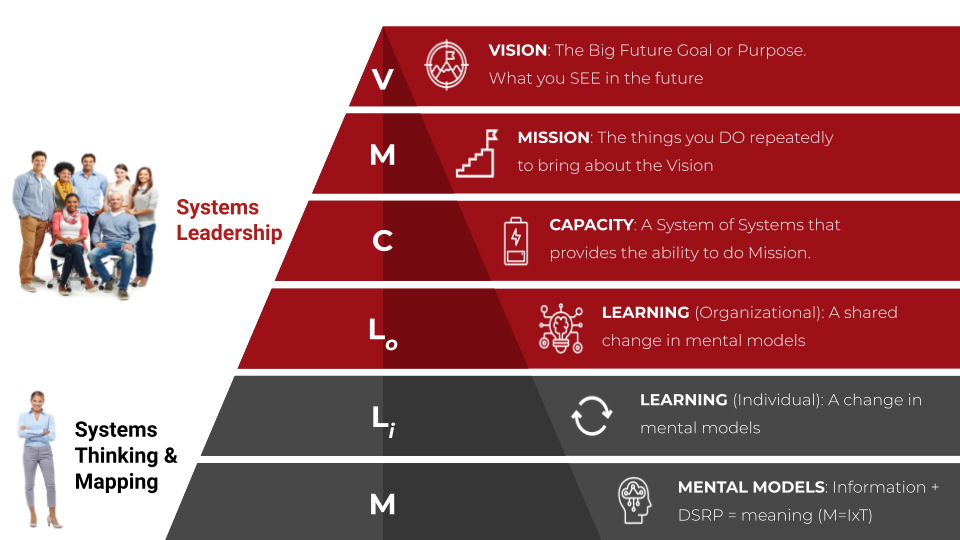
8 Billion+ Systems Thinkers.
Our Vision (V)
.png)
Push. Facilitate. Motivate.
Our Mission (M)
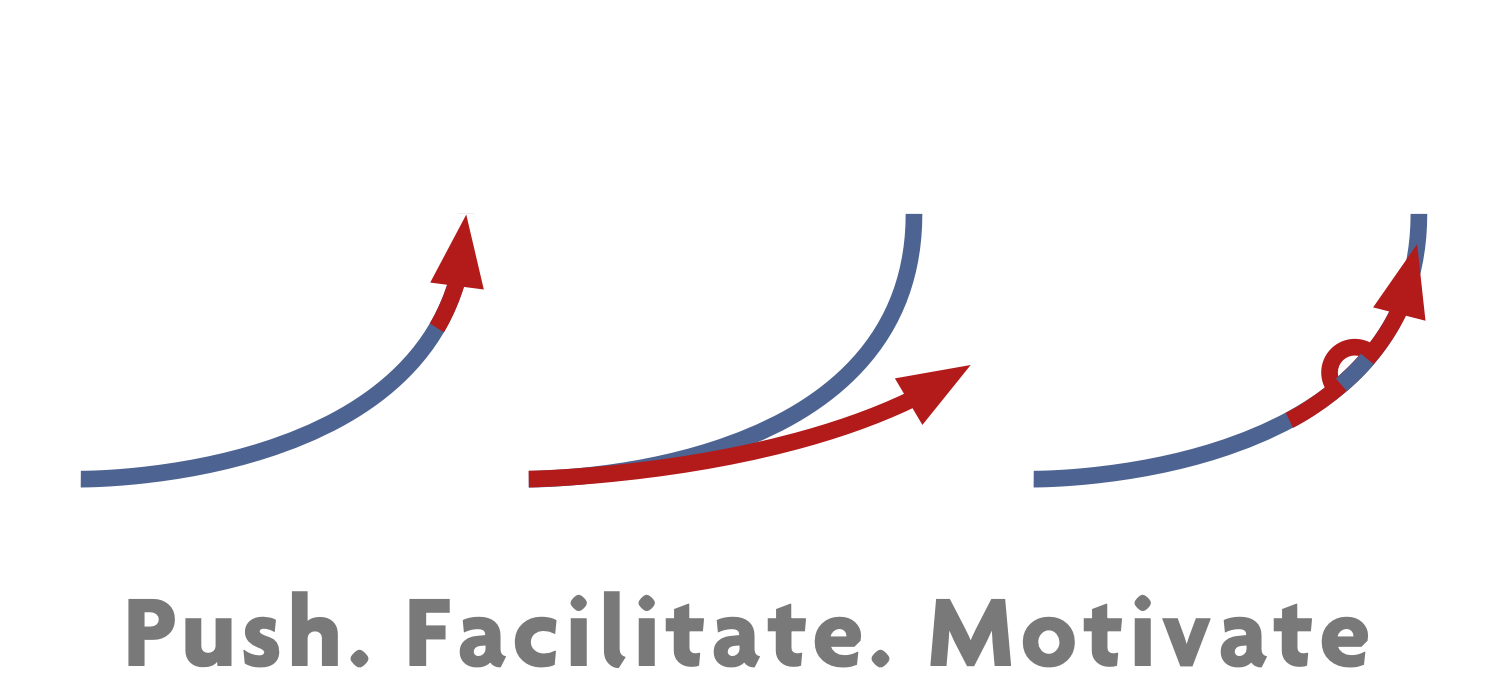
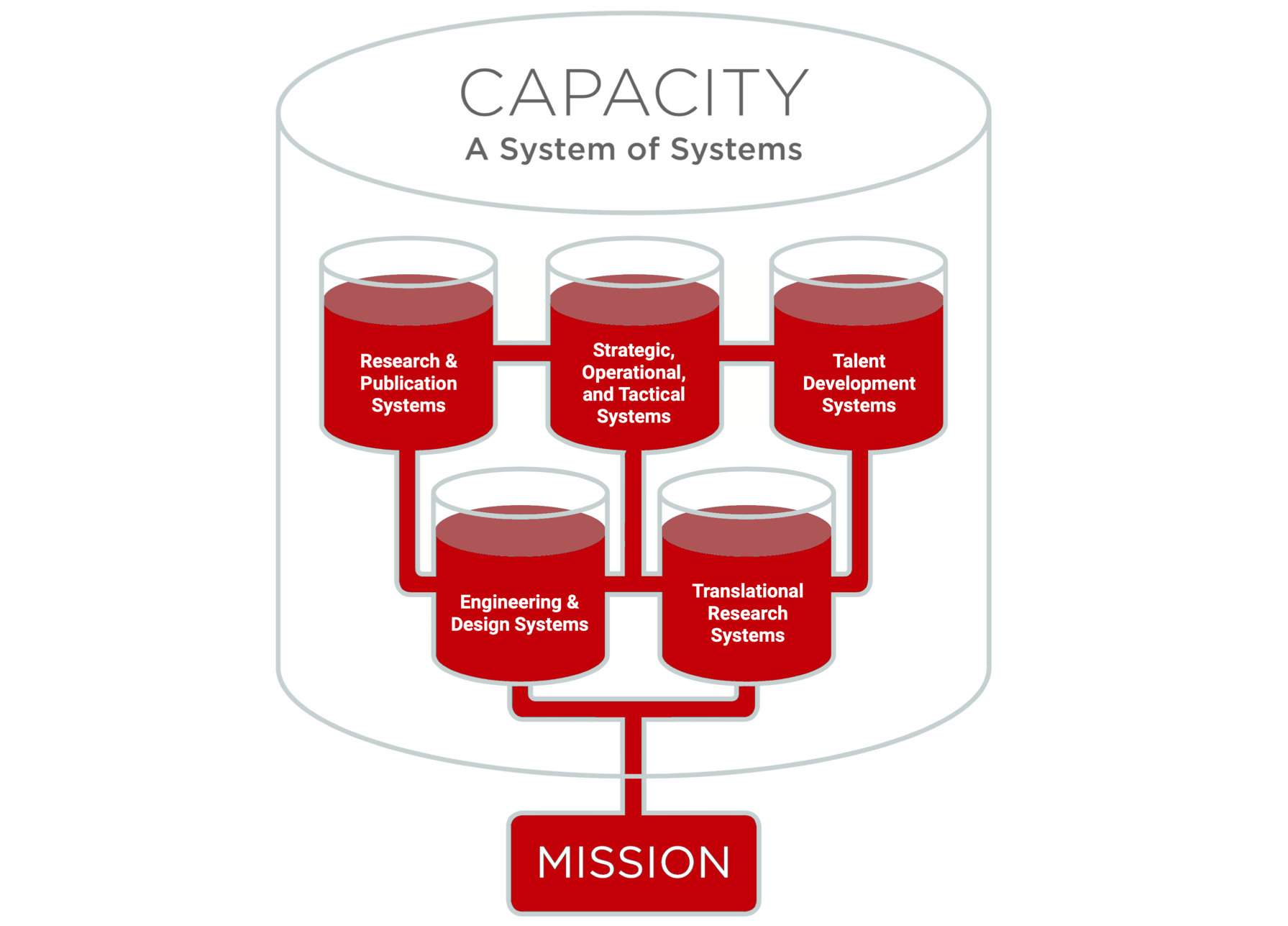
Mission-critical system of systems
Capacity (C)
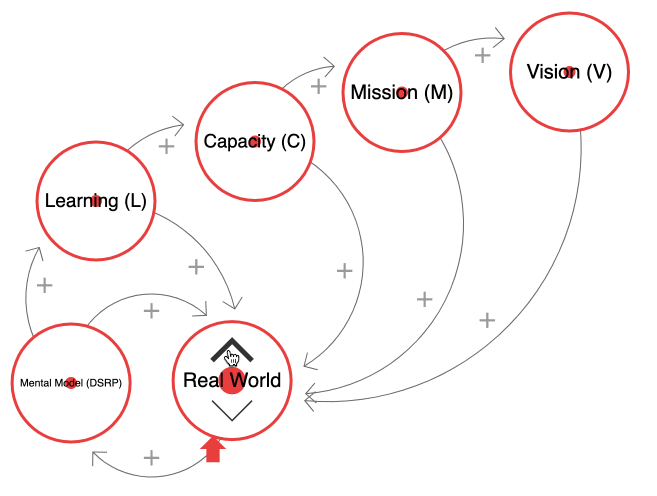
Continuously improve mental models
Learning (L)

Shared mental models
Our Culture Code
3 Labs in 1 with 4 Research Focus Areas
About Our Research
Born at Cornell University, Cabrera Research Lab (CRL) drives basic and applied research, innovation, and public understanding in Systems Thinking, Systems Mapping, Systems Leadership, and Systems Science. Our Mission-Vision is to Push, Facilitate, and Motivate 7 Billion Systems Thinkers. We look for projects that bridge our scientific research with real-world, practical, everyday experience. We work with excellent teams of excellent people. We don't just think the theories, we build real stuff that makes lives better and increases human potential and organizational effectiveness.
In a nutshell, this means we study thinking and how it parallels reality. Einstein had three importance things to say about thinking.
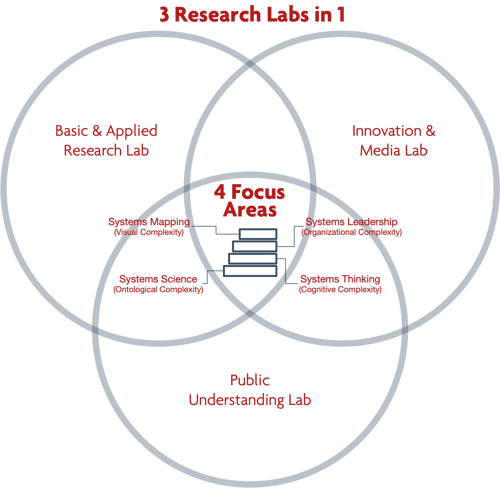
First, he told us that, "the whole of science is nothing more than a refinement of everyday thinking." Thinking is something we do everyday. It underlies everything. It is the root of both everyday and wicked, personal, professional and social problems. We need more scientific thinking in our everyday lives.
Second, Einstein famously said, "We cannot solve our problems with the same thinking we used when we created them." Yet, more often than not, we cannot articulate how we are thinking about things. To explicate thinking—to make it more scientific— has been our life’s work. In a nutshell, this means thinking becomes definable, discussable, teachable, learnable, doable, and measurable.
Third, Einstein said, “Everything should be made as simple as possible, but no simpler. If you can't explain it simply, then you don't understand it well enough." We are committed to "making Systems Thinking simple" (not simpler) for 7 Billion+ people because systems thinking is a CAS that has simple underlying rules (DSRP).
3 Labs in 1
A Basic & Applied Research Lab
As a traditional, basic research lab, we focus on advancing the theory and practice of systems thinking (a.k.a., cognitive complexity). Our research has led to the discovery of two basic theories (DSRP and VMCL) that have gained wide acceptance, many peer-reviewed publications, and several powerful models.
An Innovation & Invention Lab
We innovate and invent practical tools and technologies, media and materials, for systems thinkers. Our research has led to numerous tools including: two patents; the DSRP visual language; ThinkBlocks; 4 software programs (MetaMap now Plectica, Subtask.co, and Team.video); media campaigns; and many more.
A Public Understanding & Impact Lab
We increase public understanding of science. Through our books, tools, and blogs, we make the science of systems accessible without fidelity loss. Science without public understanding is unsustainable. Our numerous projects include: public campaigns like ThinkWater; curricula at the Santa Fe Institute, an educational documentary, a rap song, annual conferences, and speaking and training.
4 Research Focus Areas
Systems Mapping
More neurons connect your brain to your eyes and hands than the rest of your body combined. Researching and developing tactile and visual innovations that help us to better understand complexity and solve complex problems is therefore critical to being effective. We do theoretical, basic, translational, and applied research into Systems Mapping of all kinds.
Systems Leadership
Organizations today are typically thought of as nouns rather than verbs and as static and mechanical rather than dynamical and organic. Our research into Systems Leadership asks basic questions about how leaders can survive and thrive and design and build organizations that can operate as adapting, agile, learning systems. This research focuses on: systems thinking in organizations; managing and leading agile teams; culture change; organizational alignment; organizational design; human development and talent management.
Systems Thinking
Our Lab has has been at the forefront in innovation in the field of Systems Thinking, breaking new ground and answering long-unanswered and fundamental questions such as: What is Systems Thinking? Why does it work? How to do it effectively? How to measure it? Is there a scientific and empirical basis for it? To this end, we do theoretical and basic research in: cognitive complexity, metacognition, and structural and embodied cognition.
Systems Science
Originally trained as systems scientists, we ask fundamental questions about how reality is structured and do theoretical and translational research in the systems sciences (complexity, networks, CAS, evolution, nonlinear dynamics, chaos, etc) as well as leading interdisciplinary scholarship to bring the traditional disciplines (physics, chemistry, biology, psychology, sociology, economics, etc) together.
Our Founding Faculty

Derek Cabrera, PhD
An internationally known author and systems scientist and serves on the faculty of Cornell University and the Board of Advisors DSE at the US Military Academy at West Point...
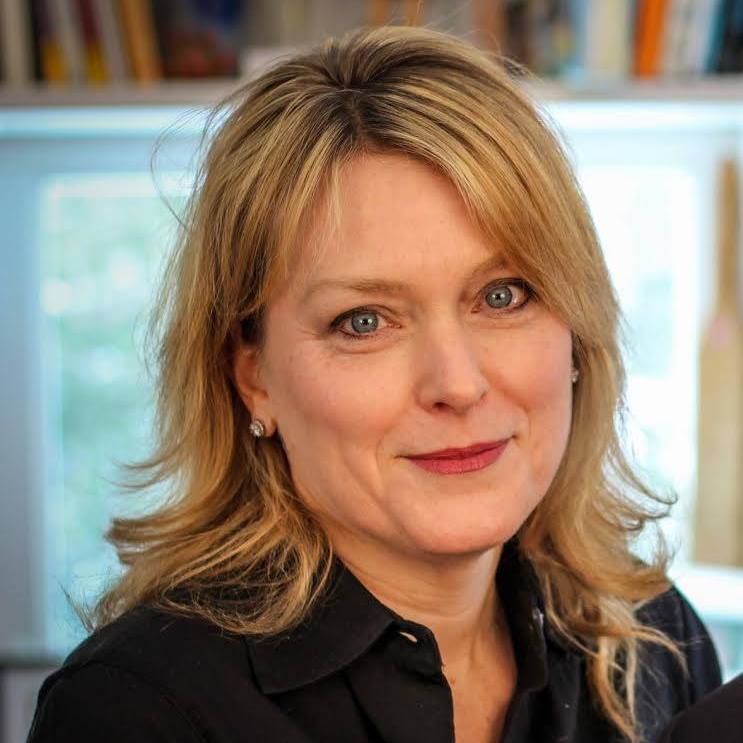
Laura Cabrera, PhD
An expert in research methods and systems thinking, Laura serves on the faculty of Cornell University where she teaches systems thinking, mapping, and leadership...
